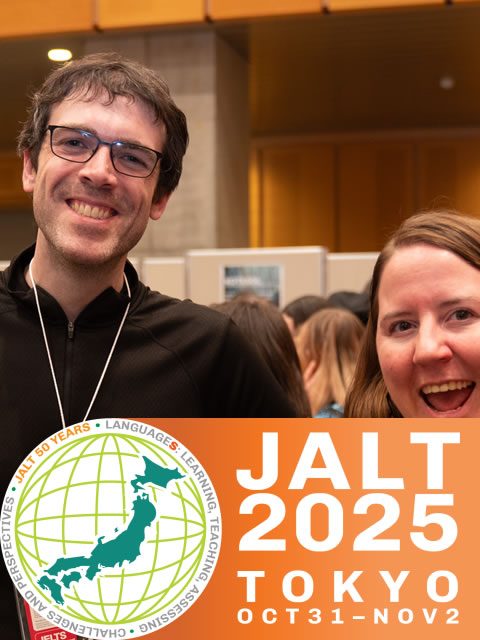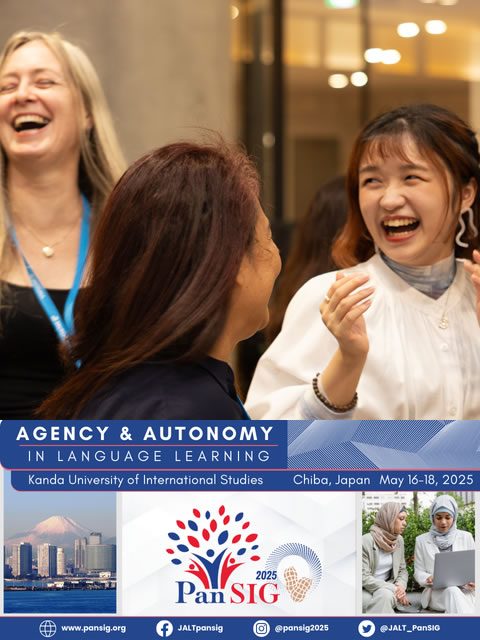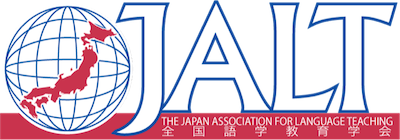Your cart is currently empty!
Event Report, Shinshu Chapter October 2018
•
Shinshu JALT was very fortunate to have Young-Mi Lim share her research and knowledge on the current state of commercial language tests.
Young-Mi started the presentation by referring to the site 4skills.jp – a very useful resource for any prospective students hoping to enter university in Japan and teachers guiding said students.
The presentation looked at the format and aim of eight of the most prominent English language proficiency tests in Japan. A short summary is as follows:
Cambridge English exam: Textbooks developed by the Oxford university press. 3 hours 29 minutes in total, focuses on all 4 skills.
Eiken: offered at 7 levels, scale linked to CEFR, recognized abroad in approximately 400 universities.
GTEC: developed by the Benesse corporation and gaining wide popularity – students can take practice tests now in approximately 77% of high schools, individual written feedback from examiners
IELTS: designed to assess the language ability of candidates who want to study or work using English, accepted in over 140 countries, recognized in over 140 countries.
TEAP: developed by Sophia University and Eiken.
TOEFL: delivered via the internet, measures comprehension at a university level, available in approximately 165 countries.
TOEIC: developed in the United States, focuses in business English.
Given the variety and nuances between each test, this may be daunting for any prospective examinee. To further complicate matters, the Center Exam used for admission into Japanese universities will be slowly phased out. The Common English test will be used from 2020 to 2023 and then universities will look at either commercial language tests such as above or individual tests developed by individual universities.
Overall, it would seem that students will suffer from the new system. There are however some benefits. Many commercial language tests place a large emphasis on English for communication. This should create enough external pressure on schools to reform the current methods of English teaching. Given the costs of some of these tests, the government is also looking to limit the number of times students can take tests – as well as provide subsidies for students from low income families looking to take a test. Young-Mi also referred to a student who unfortunately failed the Eiken but achieved a TOEIC score which a university considered equivalent to the Eiken score required for admission.
Young-Mi’s had some final advice for prospective examinees:
If your school is organizing a language test, seize the opportunity and take it.
Use online resources for sample tests or online eikaiwa.
Consider conversation schools to help improve your four skills since most schools still focus heavily on reading and writing.
Use English and understand English in English – many young learners feel overburdened translating English bit by bit.
Looking forward, let’s hope things become more reasonable for young learners to enter university. Do you have any advice for future test takers?
Reported by Publicity Co-Chair – Miguel Mision

JALT2025 International Conference
2025年10月31日(金)〜2025年11月02日(日) 東京都渋谷 国立オリンピック記念青少年総合センター Friday, October 31 – Sunday, November 02, 2025 • National Olympics Youth Memorial Center, Tokyo, Japan

PanSIG Conference
PanSIG 2025 will be held May 16-18 in Chiba. PanSIG is an annual conference organized by JALT’s Special Interest Groups (SIGs).
